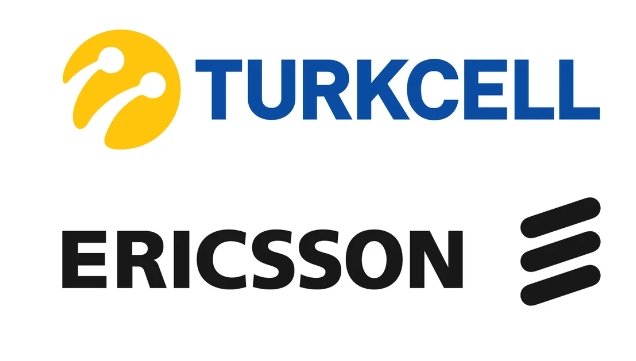Philippines approves $288M digital infrastructure project
Philippine President Ferdinand Marcos Jr. has approved the proposed Philippine Digital Infrastructure Project, which aims to boost broadband connectivity nationwide, particularly in remote areas of the country.
Funded by a World Bank loan worth 16.1 billion Philippine pesos (US$288 million), the project was approved Tuesday during the 18th board meeting of the National Economic Development Authority (NEDA). President Marcos Jr. heads the NEDA board.
According to NEDA, the PDIP will bring high-speed Internet connections to underserved areas as well as augment the country's digital infrastructure to bridge the digital divide. NEDA added that the project will stimulate private sector investments, strengthen the Philippines' capacity for cybersecurity and protect critical information infrastructure.
"Broadband services have already opened up numerous opportunities for Filipinos, from work-from-home arrangements to digital access to critical public and private services, including the latest technological tools such as artificial intelligence. This project will enable us to connect more Filipinos to markets and networks, spurring economic development," Arsenio M. Balisacan, NEDA secretary, said in a statement.
Completing the national fiber backbone
The 10-year PDIP falls under the jurisdiction of the Department of Information and Communications Technology (DICT), which is overseeing the flagship project.
The DICT said that the digital infrastructure project is the largest and the first of its kind in the Philippines.
"It will seek to complete the national fiber backbone – the first phase, which spans from Baler to Laoag and then to Metro Manila, was launched last April," DICT Undersecretary Jeffrey Ian Dy said during a press conference on Wednesday.
This year, DICT plans to complete Phases 2 and 3 of the national fiber network, which will connect Metro Manila to Southern Luzon. The entire span of the national fiber network is expected to be finished by 2028.
Meanwhile, with the $288 million World Bank loan, Dy said DICT should be able to expand the domestic submarine cables across Visayas and connect them to Mindanao.
Building 722 free Wi-Fi sites in Mindanao
As part of the PDIP, DICT is planning to build 722 free Wi-Fi sites with a focus particularly in Regions XI and XIII of Mindanao and targeted to serve public schools and rural health centers.
Citing research figures, Dy said the Philippines has an Internet penetration rate of 73.6%, accounting for approximately 86 million of the population who have online access either through mobile data or fixed broadband.
"The [digital] disparity is larger in Mindanao where in some regions the Internet penetration rate is lower than 17%. So, that’s really the target of this development fund," Dy said. He added that telco operators Globe, PLDT and Smart wouldn’t bring their services to remote areas because the population will not be able to support payment for commercial Internet.
Dy reiterated the importance of the national fiber backbone and the national broadband program – both of which are under the PDIP – to the growth of the Philippine economy.
"According to our research, for every 10% increase in Internet penetration rate, it constitutes approximately a 1.38% increase in our Gross Domestic Product and that is the reason why this project is very important,” he explained.





